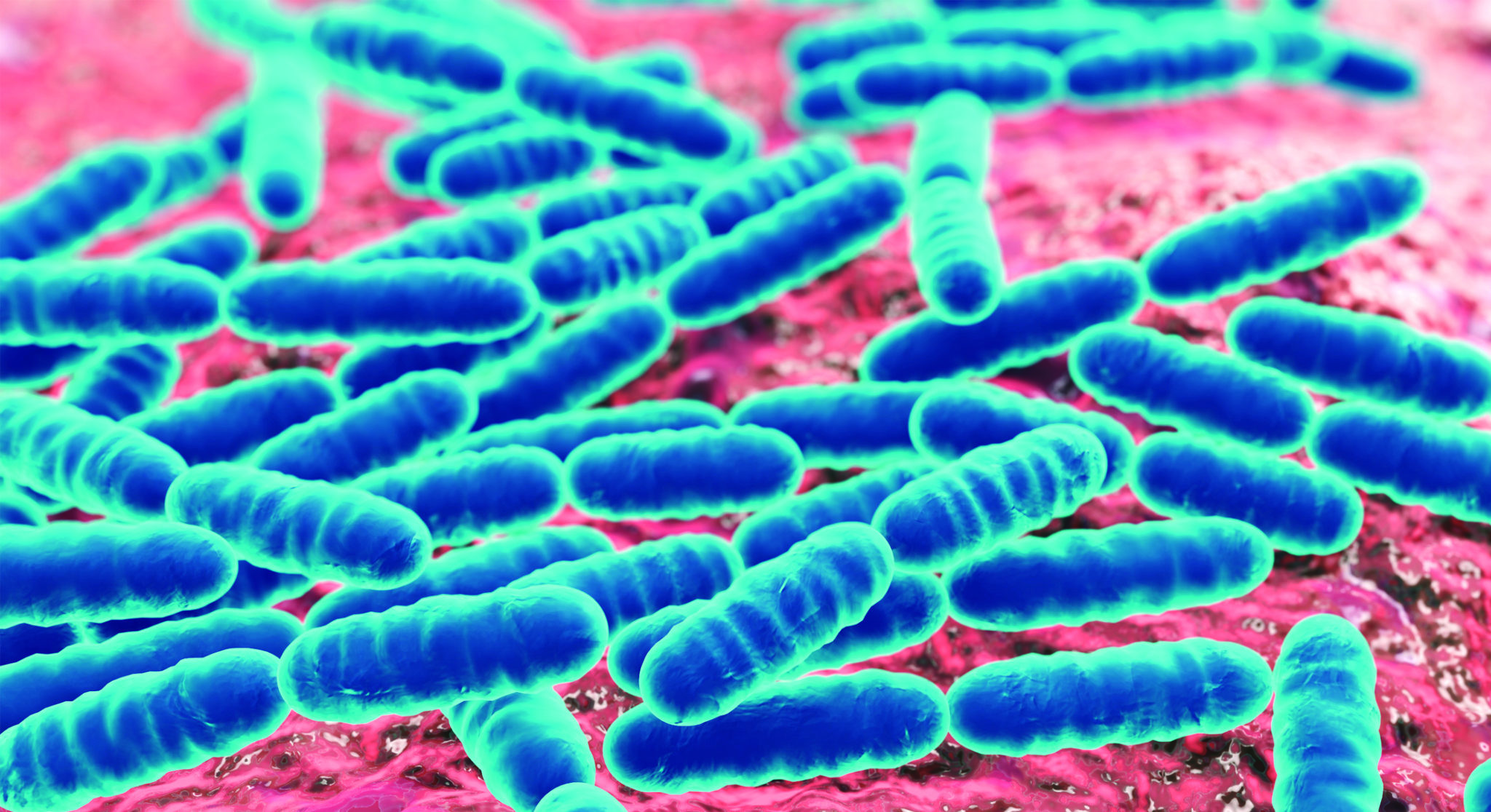The Lactobacillus genus, described for the first time in 1901, contains species of rod-shaped bacteria that have long been companions for humans in fermented foods and as members of digestive and vaginal cavities. Many currently used probiotics come from the Lactobacillus genus. Nicknamed ‘lactobacilli’, this group of microbes is multifunctional, with benefits ranging from extending the shelf life of foods (e.g., to make yogurt or cheese from milk) to improving health when administered in the form of probiotic foods and supplements.
Using current DNA analysis tools, an international collaboration of researchers realized that the genetic makeup of bacteria grouped into the Lactobacillus genus was so diverse that it deserved a new nomenclature classification.
Looking at bacterial whole-genome sequences of each Lactobacillus species has enabled 15 scientists to reclassify the genus Lactobacillus into 25 genera. These Lactobacillus taxonomy changes are summarized in this ISAPP infographic for scientists and in this ISAPP infographic for consumers.
Scientists have reclassified the genus Lactobacillus into 25 genera, including the emended genus Lactobacillus (L. delbrueckii group and Paralactobacillus) and 23 novel genera: Acetilactobacillus, Agrilactobacillus, Amylolactobacillus, Apilactobacillus, Bombilactobacillus, Companilactobacillus, Dellaglioa, Fructilactobacillus, Furfurilactobacillus, Holzapfelia, Lacticaseibacillus, Lactiplantibacillus, Lapidilactobacillus, Latilactobacillus, Lentilactobacillus, Levilactobacillus, Ligilactobacillus, Limosilactobacillus, Liquorilactobacillus, Loigolactobacilus, Paucilactobacillus, Schleiferilactobacillus, and Secundilactobacillus.
This new Lactobacillus taxonomic classification means that species that are more closely related on the basis of shared physiological and metabolic properties belong to the same genus. In turn, this may facilitate our understanding of common mechanisms that could mediate probiotic health benefits, as acknowledged in a previous ISAPP consensus document.
While the genera names of some commercially relevant lactobacilli have changed (e.g. from Lactobacillus casei to Lacticaseibacillus casei), in other cases it remains the same (e.g. Lactobacillus delbrueckii subsp. bulgaricus). Further, while genus names may have changed, names that refer to species have not.
This new Lactobacillus taxonomic classification may facilitate our understanding of common mechanisms that could mediate probiotic health benefits
For species commonly associated with probiotics, the new genera names begin with the letter “L”. This means that the abbreviated form of genus/species—such as L. rhamnosus—may still be used.
A handy web tool was developed by researchers in the project to assist in learning the new names.
On the whole, over 250 species previously assigned to the genus Lactobacillus are now referred to with a new genus name. Changes in the nomenclature of bacteria within the genus Bifidobacterium are also expected in the foreseeable future.
For scientists and healthcare practitioners, the changes in Lactobacillus taxonomy and nomenclature have two implications:
- A brief explanation of the changes in genus names may need to be provided to academic journal editors or reviewers.
- When searching the scientific literature for the health benefits of a specific probiotic strain, searches need to be carried out under both the old and new genus name.
References:
International Scientific Association for Probiotics and Prebiotics. New names for important probiotic Lactobacillus species. 2020 Apr 12 [cited 20 April 2020]. In: ISAPP Science Blog [Internet]. Sacramento: ISAPP 2020. [about 2 screens]. Available from: https://isappscience.org/new-names-for-important-probiotic-lactobacillus-species/.
Zheng J, Wittouck S, Salvetti E, et al. A taxonomic note on the genus Lactobacillus: Description of 23 novel genera, emended description of the genus Lactobacillus Beijerinck 1901, and union of Lactobacillaceae and Leuconostocaceae. Int J Syst Evol Microbiol. 2020. doi: 10.1099/ijsem.0.004107.


